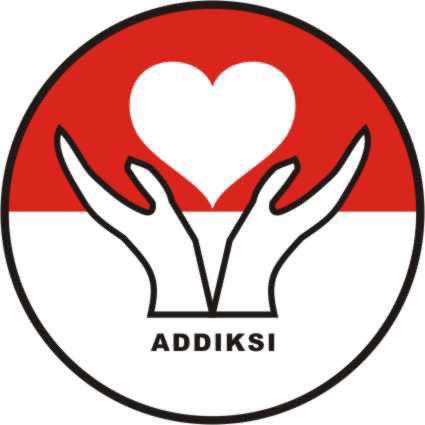Peer Review Process
Masagi: Jurnal Pendidikan Karakter has a two-stage review process.
The first stage is an initial editorial review (also known as a Desktop Review or screening Review) by one of the section editors or the editor-in-chief, which results in a decision to submit to peer review (stage 2) or editorial rejection.
If the paper passes stage 2, a Section Editor will be assigned to manage the review process. Here, two members of the review panel of Masagi: Journal of Character Education will be assigned to review the paper. Our review panel comprises researchers and practitioners drawn from section editors and other experienced researchers. Reviewers selected to review an article are selected based on their experience, expertise, and interests that align with the article's focus.
Message: Jurnal Pendidikan Karakter uses a double-blind review process with a minimum of 2 (two) reviewers. In it, the reviewer knows the identity of the author, but the author does not know the identity of the reviewer. No direct communication is permitted between reviewers and authors.
Articles will be reviewed based on the following criteria:
- Contribution to advancing knowledge of character education;
- Quality of critical engagement with relevant literature (literature review and discussion);
- Clarity of research and/or development objectives;
- Clarity and justification of appropriate methodology;
- Quality of empirical data, analysis, presentation and interpretation of results;
- Inclusion of appropriate implications for further research, theory, practice and/or policy;
- Quality of writing (including structure, writing style, clarity of expression).
The editor will notify you of the review results as soon as possible, expected within 60 to 120 days.
The editor will run a plagiarism check using Turnitin for submitted articles before sending them to reviewers. We do not process any plagiarized content. It will be rejected if an article is more than 30% plagiarized based on the inspection results. Journal recording is done using Mendeley or Endnote as a Reference Management Tool. The language used in this journal is Indonesian.
Accepted research articles will be available online (free download) after the journal's peer-review process. The Editor will decide on article acceptance based on the Reviewer's comments. Articles sent back to the author for revision must be returned to the editor immediately. Revised articles returned within 20 days will be considered new submissions. Revised articles can be sent to the editorial via the Online Submission Interface on our online Journal website.
















